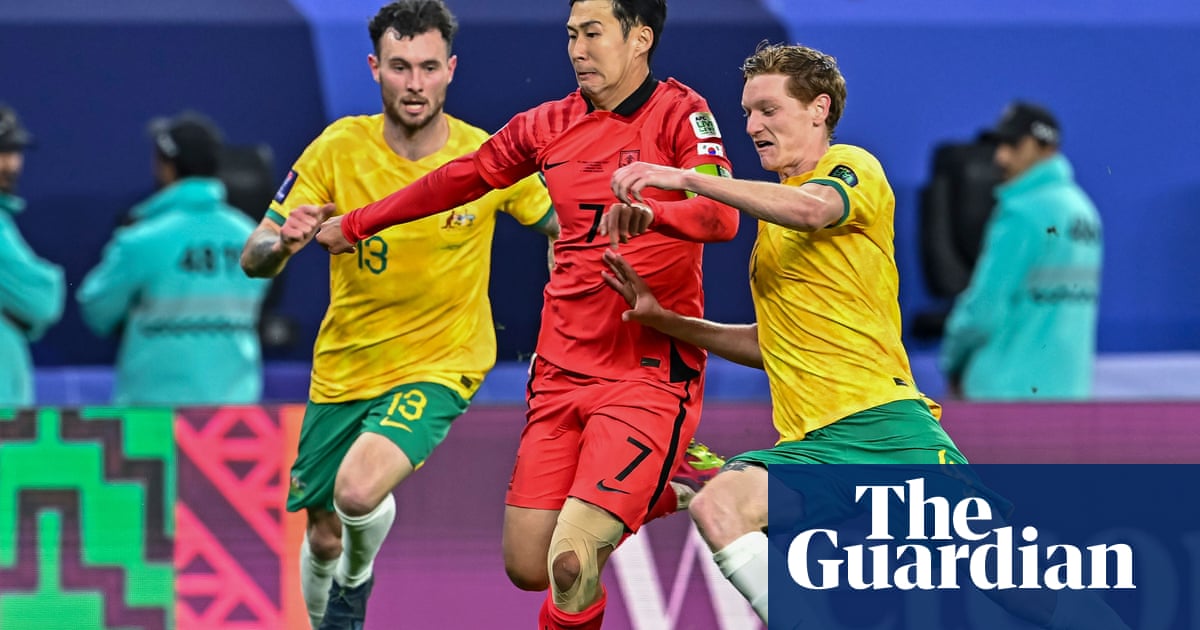
41-year old Duque will face challenges in four key areas overshadowing Colombian politics
Duque has also pledged to take a tougher line in talks with National Liberation Army (ELN) guerrillas, the country’s last active rebel force
BOGOTA: Ivan Duque comfortably beat his leftist rival in Sunday’s election but his determination to change a historic peace agreement with the FARC and Colombia’s ceaseless drug war signal problems ahead for the inexperienced young president, analysts say.
Mobilized by a powerful right-wing coalition which controls the Congress, more than 10 million voters backed Duque, the first-term senator largely seen as a protege of former president and senator Alvaro Uribe.
But from August 7 when he is sworn in to succeed Juan Manuel Santos as his country’s youngest president in modern times, 41-year old Duque will face challenges in four key areas overshadowing Colombian politics.
Buoyed by his clear victory in the second round, Duque lost no time in reminding everyone of his election promise to revise a fragile 2016 peace agreement with FARC signed by Santos.
Under the pact, 7,000 FARC rebels disarmed and began to rehabilitate to civilian life, the rebel movement transforming itself into a political party. In his victory speech, Duque pledged “corrections” without giving details. During the campaign he said former guerrillas guilty of serious crimes — currently benefitting from what he says is an over-lenient peace deal — would go to prison and be banned from sitting in Congress.
“It’s one thing to say this during the campaign speeches, another when you have taken office. I think it would be very costly to backtrack,” on the agreement, said analyst Fabian Acuna from Javeriana University.
The FARC party, which has ruled out a return to arms, called on Duque to exercise “good sense” in modifying the deal. For the moment, he has pledged to change the deal without tearing it up, while his beaten leftist rival, Gustavo Petro, has promised to mobilize the opposition to fight for it.
Duque has also pledged to take a tougher line in talks with National Liberation Army (ELN) guerrillas, the country’s last active rebel force.
The question has come up often during the campaign: Is Duque a puppet of Uribe? Can he be truly independent as president when he owes much of his success to his political mentor?
“Duque has always profited by doing what Uribe tells him, so Uribe’s ghost is real,” said Acuna.
Uribe has been omnipresent in Colombian politics since his 2002-2010 presidency, and the majority of Colombians have paid little heed to a series of investigations embroiling the 65-year-old former president over alleged links with far-right paramilitaries, bribery and witness tampering.
“He’s the most important political personality of the 21st century in Colombia,” said analyst Nicolas Liendo.
Uribe’s influence was largely credited with steering his then-foreign minister Santos into power in 2010, and his re-election four years later. In 2016, he led the “No” campaign in the referendum on the FARC peace deal.
Duque is expected to lead Latin America’s fourth-largest economy with the same principles as his mentor, showing a firm hand in dealing with former and current guerrillas, supporting investment and championing the defense of traditional family values.
Meanwhile he can count on Uribe’s political support from the Senate, where he leads the dominant conservative bloc.
Despite billions of dollars spent in trying to eradicate it, the world’s largest producer of cocaine is seeing an increase in coca production, much to the alarm of the United States — a close ally as well as the main market for the drug.
Duque, who wants a good relationship with US President Donald Trump, has pledged to resume aerial spraying of coca plantations, which many say could revive tensions with farmers.
He has pledged to fight rampant drug-trafficking in former FARC strongholds along the Ecuador and Venezuelan borders, at a time when Mexican cartels are financing FARC dissidents.
A committed opponent of President Nicolas Maduro in neighboring Venezuela, Duque wants to lead international pressure against what he has called a genocidal dictatorship.
“Going by the campaign speeches, we can expect the relationship with Venezuela to be terrible,” Acuna said.
Although he gave no details about his foreign policy, he has threatened to join efforts to take Maduro to the International Criminal Court, and force a “transition” to democracy in Venezuela with the backing of the Organization of American States.
Colombia has faced an unprecedented influx of migrants fleeing the economic and political crisis in its neighbor, with which it shares a 2,200 kilometer (1,370 mile) border. More than one million people have flooded into Colombia over the past 16 months as Venezuela’s economic crisis worsened.
bur-vel/fpp/db/jh












